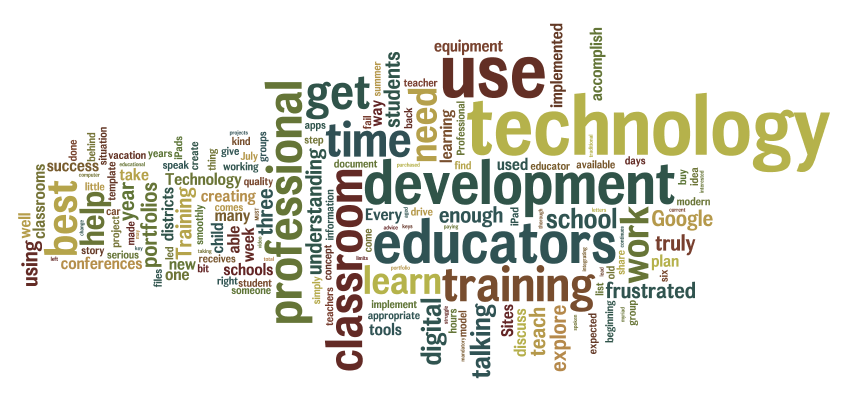For Students
Changing Trends in the Education Sector
Admin Aug 26, 2022 12:00 PM

TAGS
Events after the year 2020 have led to dramatic changes and disruption in everyone's life. And it is fair to say the impact of lockdown and social distancing is harder than most. The education sector was going through major changes even before the pandemic. Some of these changes have been adversely affected by Covid, while others have been accelerated. The crux is that education has certainly been changing beyond imagination. This blog shows some of the biggest game-changers that will manifest themselves as we head into 2021.
Adopting technology
Virtual classrooms are nothing new, and e-learning has revolutionized education over the past decade. Until this year, however, its main application was for graduate and older students, providing an opportunity to fit flexible learning around home and work commitments. 2020 saw a massive rush to extend this across all areas of education and at all levels with the covid outbreak, and this is not a trend that will evaporate in the new normal. This will require more perspective and viewpoint change from teachers and parents than pupils. Certainly, school closures have compelled education systems to rapidly switch to devise mode and apply different remote learning techniques.

Changing the role of teachers
The pandemic's extraordinary and life-changing consequences have led to a global crisis that has taught us to embrace changes. As covid continues to affect the education sector, we are learning how flexible and resilient education systems, policymakers, teachers, students, and families can be.
Pedagogical transformations have proven significant as the traditional teaching-in-person models do not translate to a remote learning domain.
Teachers are changing their practices by being creative to keep students engaged, as every household has turned into a classroom - more often than not - without an actual environment that supports classroom learning. The pandemic has also led teachers to do administrative tasks and become more tech-savvy. Transformed ways of learning, more so in the past year due to covid outbreak, require new teaching methods. We all know that students, especially younger ones, are like sponges, but can teachers adapt so readily? Sure, they will need to be comfortable working with digital tools to communicate tasks, modules and ideas to their students and ensure they are interesting.

Artificial intelligence
The influence of Artificial Intelligence in our day-to-day lives could be the biggest technological disruptor since the internet revolution. Chatbots are likely to play an increasingly remarkable role in education, effectively replacing human teaching assistants. Yet, this is just the beginning. Inevitably, teaching will become more automated and AI-driven over the coming years, with roles being reversed and the human teacher becoming the assistant, providing oversight and additional support when needed.
Beyond academia
Globally, communities and households are struggling with the unprecedented physical closure of our public and private schools. We can not ignore that schools, colleges and universities are about more than academic learning. More than 70 per cent of the latest graduates say that the social element of campus life made them feel more confident, independent and social, preparing them for adult life.
Today's students might be comfortable with a move online and socializing with other students through platforms like Zoom. But this can never replace the experience of living independently in halls of residence during term time.
There is no easy solution, but the post-pandemic shift towards blended learning, with a mixture of online and campus-based studies, could become the norm.
Search
Latest Blogs

Exploring Opportunities in Emerging Engineering field
Admin
Dec 14, 2024 05:18 PM

Navigating College Majors
Admin
Sep 25, 2024 04:04 PM

Tools for Measuring Strengths For Career
Admin
Sep 25, 2024 03:27 PM
Interested in getting latest updates?
SUBSCRIBE


















